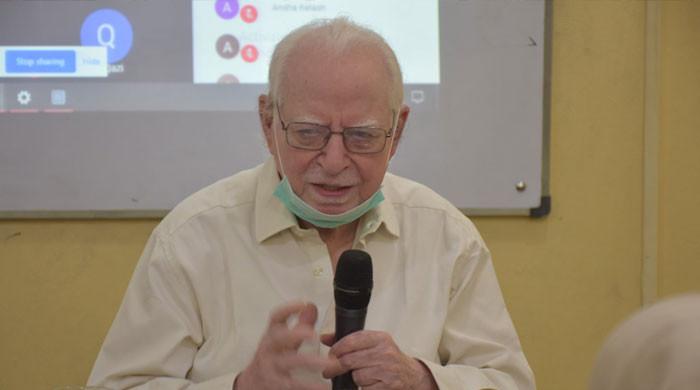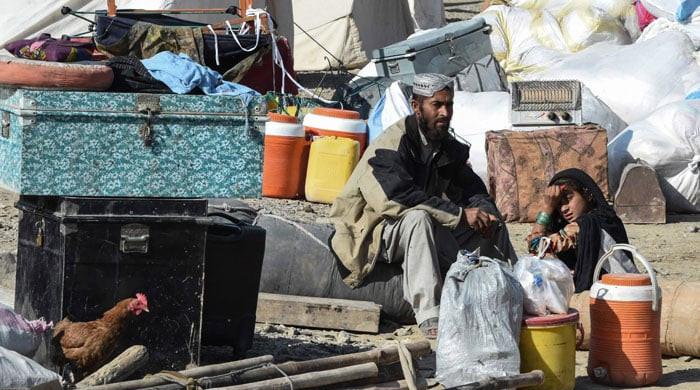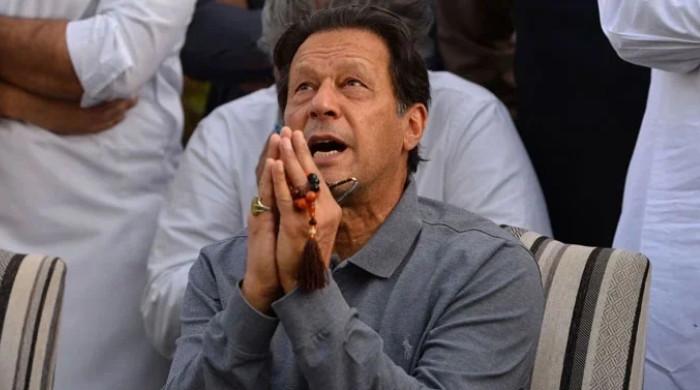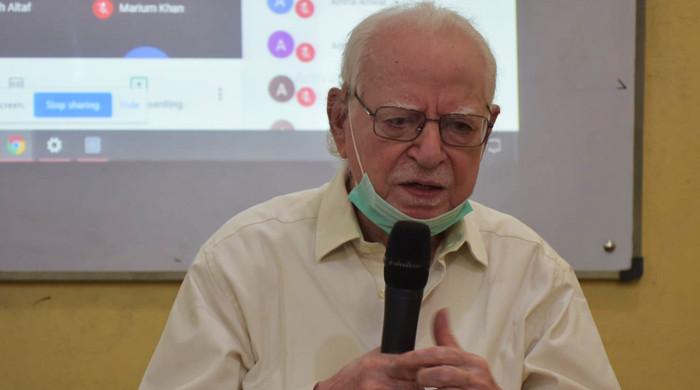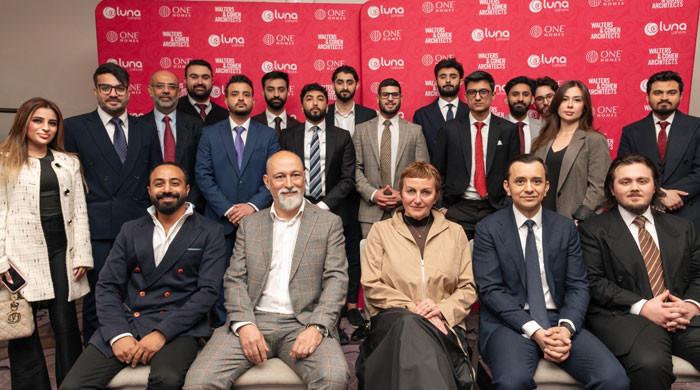Pakistan slams India, others over push for permanent seats on UNSC
Despite a general agreement on enlarging the Council, as part of the UN reform process, member states remain sharply divided over the details
February 07, 2017
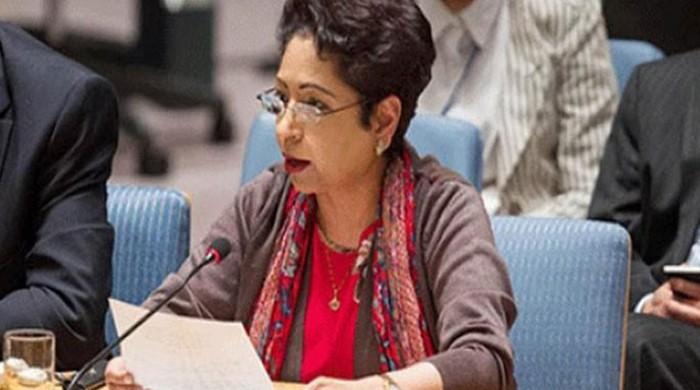
UNITED NATIONS: Pakistan has told the United Nations that the campaign by a group of countries for permanent seats on the Security Council defies the 21st century principle of achieving democratic representation through periodic elections.
Without naming them, Pakistan’s Ambassador to the UN, Maleeha Lodhi, was referring to the Group of Four — India, Brazil, Germany and Japan –who have been demanding permanent membership of the 15-member body for the past twenty years.
“In the 21st century it is inconceivable to establish or run an institution – national or international- which does not embrace the fundamental principles of representation and accountability with periodic elections and fixed term and rotation…”, Ambassador Lodhi said on Monday in remarks at the long-running Intergovernmental Negotiations aimed at expanding the Security Council to make it more representative.
“But here we are gridlocked in reforming the Security Council because some among us want a status that defies the basic norms of democratic representation and accountability,” the Pakistani envoy said, while asking the G-4 to be flexible in their demand for permanent seats.
Despite a general agreement on enlarging the Council, as part of the UN reform process, member states remain sharply divided over the details.
Pakistan, a leader in the Uniting for Consensus (UfC) group, stands for creating a new category of members — not permanent members — with longer duration and a possibility to get re-elected once.
But the “Group of Four” have been campaigning for enlarging the Council by 10 seats, with 6 additional permanent and four non-permanent members.
Ambassador Lodhi said there was no disagreement over the demand that the Council should “reflect the realities of the 21st century” to enhance its legitimacy. “But then some use this disingenuously as an argument to further their self-proclaimed candidacies for permanent seats based on contentious criteria for qualification,” she said.
“Their claim however does not stand the test of accuracy because many states compete with them and even surpass them in all such criteria,” the Pakistani envoy said, adding that the criteria they lay out for permanent seats was exactly the same as provided in the UN Charter for the non-permanent members. “So, if the criteria is the same, why the difference in character and responsibility?”
The UfC, she said, has twice revised its proposal in a genuine spirit of compromise to find a solution that works for all. “Had there been flexibility in the unjustified demand for permanent seats, many member states would already have played a positive role in the Security Council.”
Ambassador Lodhi said Africa’s demand for permanent seats was different from the individual pursuit by a few countries because it was a consensus demand on behalf of a region. “Perhaps African countries have suffered the most by the deadlock created by those harbouring a false sense of entitlement,” she said. “We believe the African demand can best be addressed in a just, equitable and pragmatic manner through the compromise solution offered by the UfC. ”
The IGN process opened on Monday and will continue on Tuesday with the Ambassadors of Tunisia and Romania having been appointed as co-faciliatators of the process by the President of the General Assembly.





